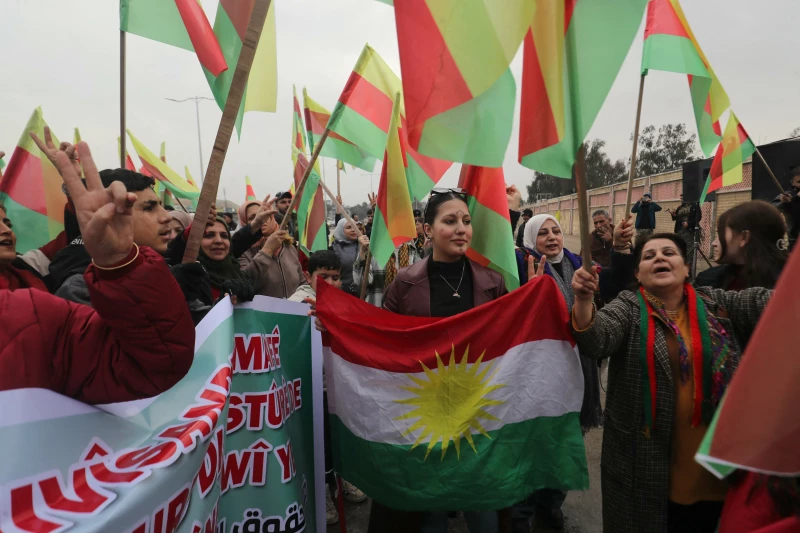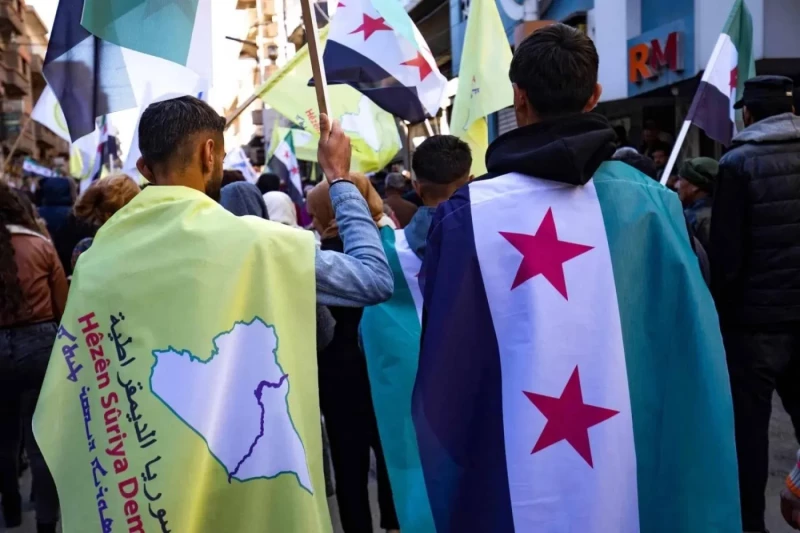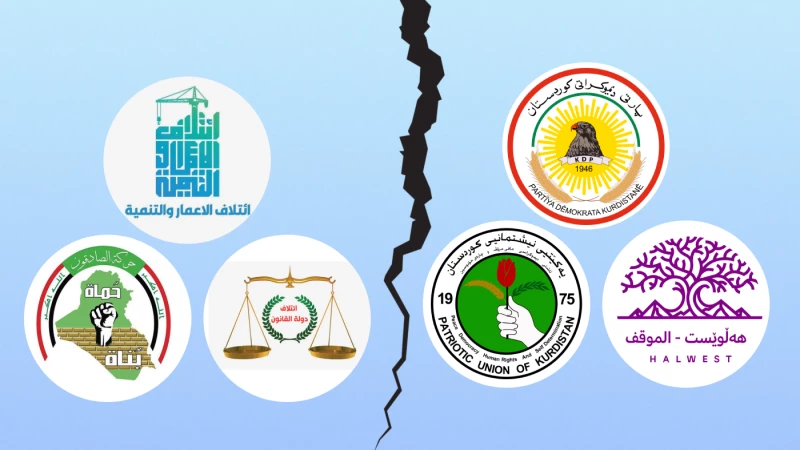On March 13, Syria’s Interim President Ahmed al-Sharaa approved a "constitutional declaration" drafted by a seven-member committee in just 11 days. This document will serve as Syria’s constitution for the five-year transitional period.
The timing of the constitution’s release, just two days before the 14th anniversary of the Syrian Revolution, underscores its significance. However, instead of marking meaningful progress, it raises serious concerns. The constitution's two most contentious aspects are its consolidation of Sharaa’s power and its treatment of Syria’s ethnic and religious diversity.
As such, it is likely to provoke domestic, and possibly even regional, resistance, further destabilizing Syria at a time when it is struggling to recover from over a decade of devastating conflict.
A presidency with unchecked authority
Although Article 2 claims to uphold the separation of powers, the constitution effectively envisions a centralized, unitary state where the president dominates all key branches of government. In addition to heading the executive branch and the authority to appoint or dismiss ministers, Sharaa wields significant control over the legislative and judicial branches. There is also no provision for the devolution of power to the local level.
According to Article 24, he appoints one-third of parliament members and forms a committee to select the remaining two-thirds. Article 47 grants him the power to appoint all seven members of the Constitutional Court, whose mandate remains undefined and subject to future parliamentary legislation.
Given the president’s influence over parliament, there is little reason to expect the court to serve as an effective check on his authority. Additionally, while the document mentions drafting a permanent constitution, there is no detail on how it will be drafted or whether it will be put to a referendum.
Religious influence in governance
Article 3 of the constitution establishes Islamic jurisprudence as the "principal source" of legislation while stating that “the personal status of religious sects are protected and respected in accordance with the law.”
It also mandates that the president must be Muslim. Although the document does not specify which branch of Islamic jurisprudence will take precedence and allows religious minorities to govern their personal affairs through their own legal traditions, it provides little room for secular legislation. This shift, coupled with Sharaa’s past leadership of Hay’at Tahrir al-Sham in Idlib—where strict religious rule was imposed—raises concerns about potential future restrictions on social freedoms.
Additionally, as some experts have pointed out, it is not clear if major communities such as Alawites and Druze would fit into the constitution’s definition of “Muslim” since many hardline Islamist groups do not always consider them as such.
So far, leaders and organizations representing religious minorities have opposed the new constitution. Senior Druze religious leader Sheikh Hikmat al-Hajri dismissed the document as "dictatorial" and granting Sharaa “absolute powers,” calling instead for a new constitution that would enable “participatory democracy.” Representatives of a dozen Yazidi organizations, both inside and outside Syria, issued a statement expressing their “strong condemnation,” arguing that its provisions constitute a “flagrant violation” of civil and political rights under international conventions. The Assyrian Democratic Organization in Syria also called for amendments, stating that the document fails to meet the “demands of the Syrian people for building a state of citizenship and democracy.”
Notably, the constitution does not mention the term “democracy” even once—an ironic contrast to the 2012 amended constitution of the Assad regime, which contained five references to variations of the term.
Marginalizing ethnic diversity
The constitution’s approach to Syria’s ethnic diversity is equally troubling. Article 1 retains the state’s official name as the "Syrian Arab Republic," while Article 4 designates Arabic as the official language. By framing Syria as an Arab nation, the document implicitly excludes non-Arab communities from full political and cultural recognition.
Article 7 offers a vague commitment to "cultural diversity" and "the cultural and linguistic rights of all Syrians." However, it fails to explicitly name any non-Arab communities or languages. Such ambiguity renders the provision largely symbolic, allowing a tolerant government to grant certain rights while enabling a repressive regime to withhold them.
For Syria’s Kurds—who have endured systematic state oppression, particularly since 1958—this is an ominous signal. Under successive Syrian regimes, Kurdish language and cultural expressions, such as Newroz (the Kurdish New Year), were banned or severely restricted. While Armenian and Assyrian languages were allowed to be taught at private language schools, Kurds were denied similar rights.
Sharaa’s decision to uphold the Arab nationalist legacy of past regimes is particularly striking given his background as a Salafi-jihadi until recently. Salafi-jihadis typically embrace the concept of an ethnically diverse Muslim ummah. Traditional Islamic doctrine, citing Quranic verses (49:13), recognizes the diversity of human race along the lines of ethnicity and race. Yet, Sharaa appears to be adopting a largely exclusionary nationalist framework, either due to personal conviction or as a political strategy to appeal to hardline segments of his Sunni Arab base or secure Turkish support.
Despite their political differences, Kurdish parties and the broader Kurdish community have unanimously rejected the constitution, denouncing it as a reproduction of authoritarian rule and a continuation of their exclusion from Syrian political life. The document makes no mention of Kurdish rights, self-governance, or their long-standing grievances, such as repealing the outcome of the 1962 census that stripped approximately 300,000 Kurds of citizenship.
The interim constitution violates key points regarding recognition of Kurds in a much-celebrated agreement signed on March 10 between Sharaa and the Kurdish-led Syrian Democratic Forces’ (SDF) General Commander Mazloum Abdi.
Beyond the Kurdish issue, the constitution reinforces Syria’s traditional centralization, ignoring demands for greater autonomy in minority-dominated regions. The inclusion of at least four references to "territorial integrity"—a term historically used to suppress Kurdish political activism—further fuels concerns.
Article 3 also criminalizes "calls for division and secession," a broad provision that could be weaponized against Kurdish political movements as it has historically been in Syria and continues to be the case elsewhere in the region.
Additionally, Article 9 bans any military formation except the Syrian army, potentially setting the stage for a future crackdown on the SDF. Ironically, the March 10 agreement between Sharaa and Abdi, which called for integrating the SDF into state institutions, could be used to justify such actions once Damascus feels militarily prepared.
Growing instability amid geopolitical rivalries
One critical miscalculation by Sharaa and his supporters appears to be their underestimation of the effects of the region’s shifting geopolitical dynamics on Syria. Syria is no longer the Assad-era state where minorities had little recourse beyond government patronage. External actors such as Israel and Iran and to a lesser extent the United Arab Emirates (UAE) are increasingly engaging with these groups out of fears of an Islamist regime backed by Turkey ruling Syria.
In the south, Israel is extending support to the Druze. Alawites along the coast may look to Iran or elements within Iraq and/or even Israel for backing. The Kurds could deepen ties with Iran, Iraq, and potentially even Israel. Although these communities have long-standing legitimate grievances of their own, they are increasingly aligning with regional actors in opposition to a Damascus that continues on an exclusionary path.
While many in Syria initially extended goodwill to Sharaa, hoping his actions would align with his rhetoric of inclusivity and tolerance, the interim constitution—arguably the most critical document in shaping the post-Assad transition—delivers a serious blow to that goodwill and the prospects for a stable and peaceful Syria.
As it stands, adhering to the current constitution risks profoundly alienating ethnic and religious minorities, deepening societal fractures, and sowing the seeds of long-term instability. However, reversing course and agreeing to amendments under domestic or regional pressure would undermine Sharaa’s own credibility. It is an unenviable predicament—one that could have been entirely avoided.

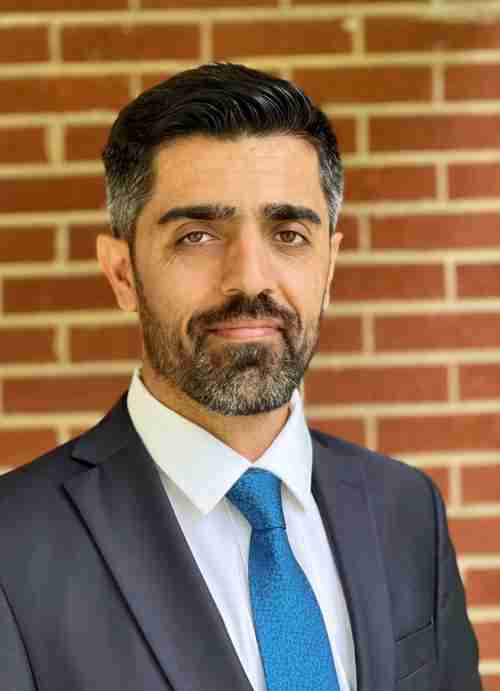
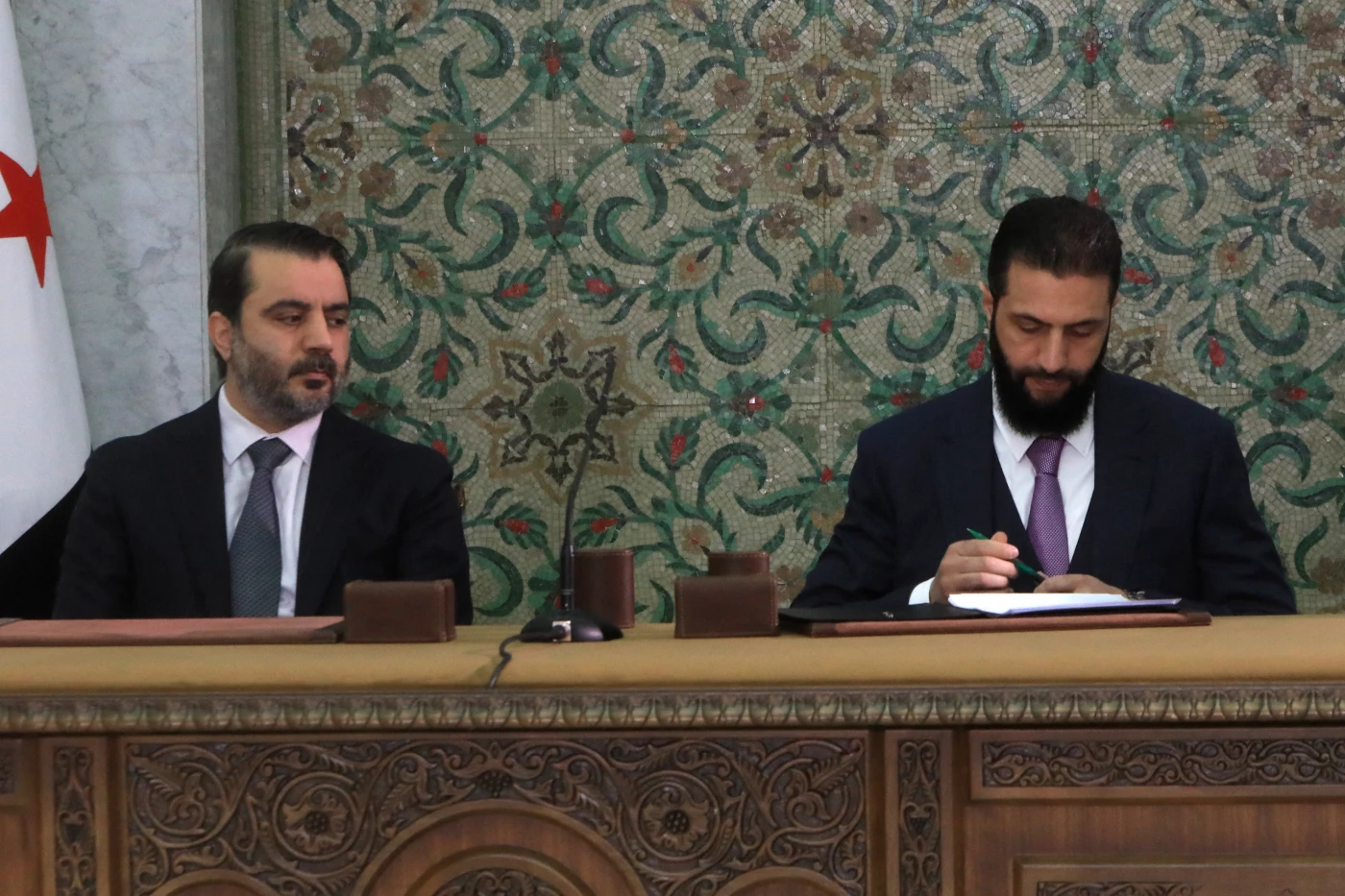
 Facebook
Facebook
 LinkedIn
LinkedIn
 Telegram
Telegram
 X
X
